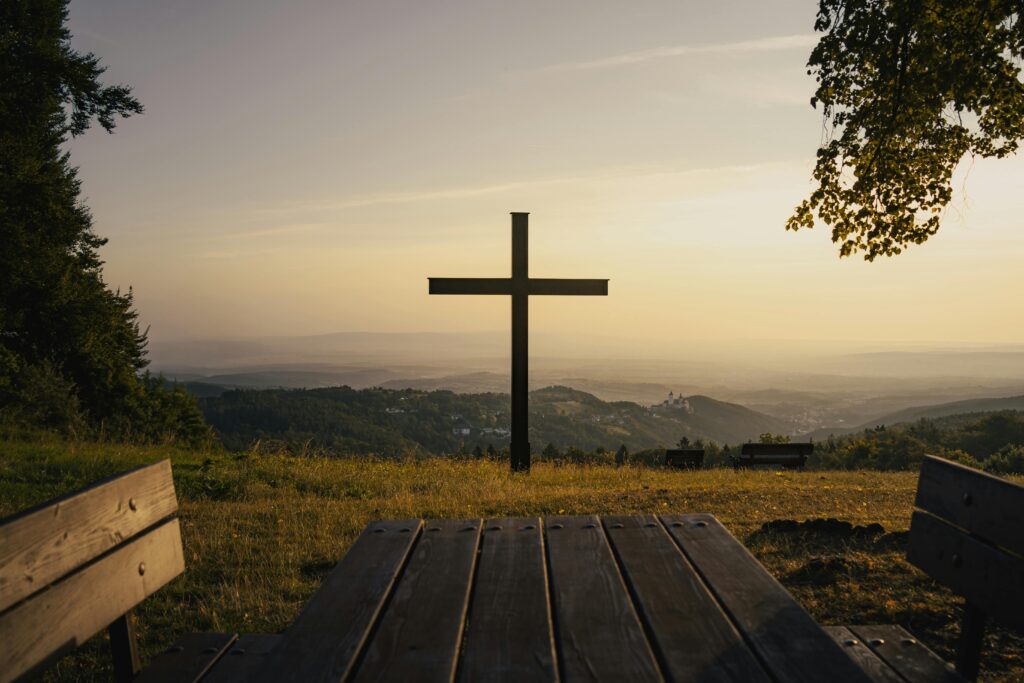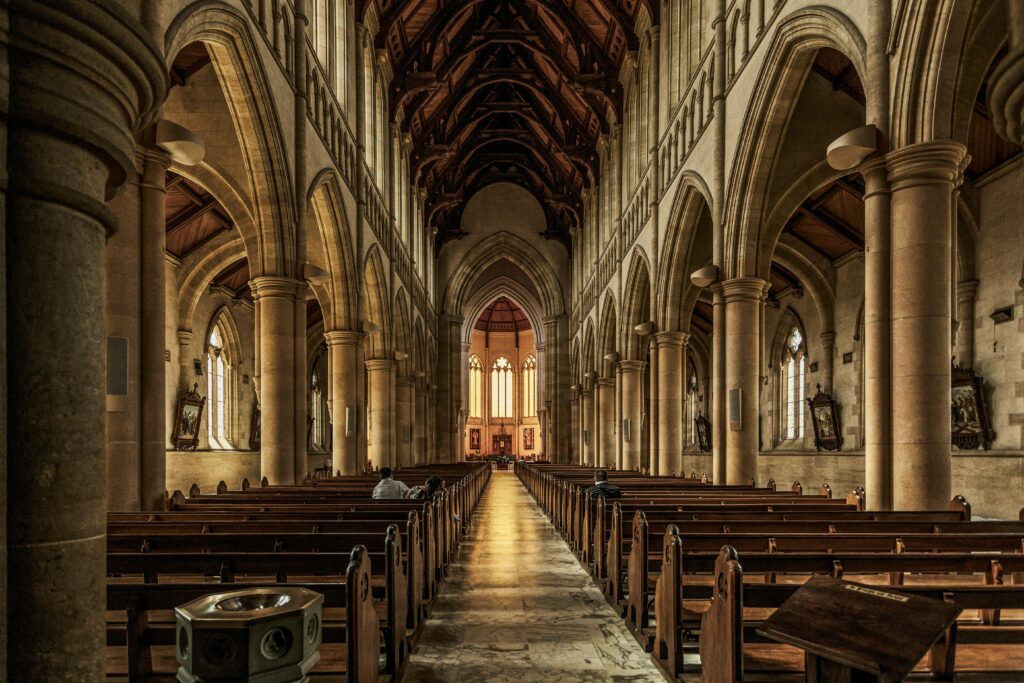Theology for Millennials: November and Deceased
Reflection on the Role of the Deceased in Our Life

On Monday, November 15, 2021, Mexican priest Mario Arroyo Martinez shared with Exaudi’s readers his weekly article in “Theology for Millennials” entitled “November and the Deceased,” in which he reflects on the role of the deceased in our life and how from a consideration of death we can extract new life.
* * *
We are in the month of November, which traditionally the Church dedicates to think of the deceased, to bring them to mind, and pray especially for them. During this month Indulgences can be gained by going to cemeteries or columbaria, as long as one prays for them. Let’s say that we are invited to see the role of the deceased in our life and to discover how, from the consideration of death, we can extract new life.
In Mexico, moreover, Christian prayer for the deceased is intertwined naturally in a wonderful symbiosis with pre-Hispanic traditions of the cult of the dead. Suffice it to see the celebration of the Day of the Dead with all that is attached to it. Perhaps, the purest crystallization of that wonderful synthesis, between what is pagan and what is Christian, is the “altar of the dead,” which helps us to keep them present, to show how they live in our memory, but also to pray for them through the religious elements that make it up.
How are the deceased present in our life? The traditional symbols, such as “the bread of the dead,” the “small skulls, “etc. become the tangible manifestation 0f a vital presence. They are present in our memory, in our sentiments, but from a perspective of faith, particularly in our prayer. However, to remember those that have left us is not the only role that death plays in our lives; it also brings to our memory the uncomfortable reality, that at some moment, more or less close or distant, we will be the dead.
November, when the folklore informed by the faith is lived, it brings with it the consideration of these two realities: we can enter in a spiritual communion with the deceased through prayer, intercession, Indulgences and the hard but salutary and beneficial consideration of our own death, November with skull sweets with our name imprinted on them leads us abruptly to the thought of our death and our destiny. It is an unmatched antidote to bend human pride, the vain aspiration to “be like gods,” when we are profoundly finite and limited in space and time.
The consideration of our own death is very salutary for our life because by reminding us of its finitude and precariousness, it places us before the reality and necessity to take advantage of our life, to live it intensely, and to find meaning in it. It reminds us that life is a gift, a good, but limited. We don’t know how much time we have left and, therefore, it stirs in us the imperative to take advantage of it intensely. Made evident is the great sin that implies loss of time. What does it mean to take advantage of life intensely? What does it mean to live a full life? What gives meaning to our life? Does it have a heartfelt objective or are we faced with the dramatic situation of trying to find its meaning urgently? Does it have objective meaning or does each one give meaning to the non-sense of his life?
As can be observed, the consideration of death confronts us with a battery of questions that aren’t trivial, that are difficult to answer. However, from faith, those questions find a simple and enlightening solution. But it’s necessary to have the simplicity and candor of children to accept them. Let’s say that, just as life is a gift, so is the discovery of its meaning. We only must lay down our sufficiency and accept that gift that is given to us freely through the catechesis and teaching of the faith.
The month of November, fully taken advantage of and lived intensely from the faith, thus becomes very fruitful. Consideration of the dead reminds us of our duties of charity with those that have left us; reflection on our own death leads us to reflect on the meaning of our life, on the way we are living it if we are taking advantage of it and living it correctly. Consideration of the faith leads us to remove the sting of the reality of death and call it, as some Saints did — Saint Francis of Assisi, Saint Josemaría Escrivá de Balaguer — “my good friend, sister death,” because it reminds us that life is a gift and so is the revelation of its meaning ––that we issued from God’s hands and that we are directed, inexorably, to God.
Translation by Virginia M. Forrester
Related

Syncretism and the Relativization of Faith: The Challenge of Religious Relativism in a Pluralist World
Javier Ferrer García
11 April, 2025
5 min

Do I Know How to Exercise Authority Over My Children?
José María Contreras
11 April, 2025
2 min

Social Distancing in the Assembly
Irene Vargas
11 April, 2025
4 min

The Value of Humility at Work
José Miguel Ponce
10 April, 2025
2 min
 (EN)
(EN)
 (ES)
(ES)
 (IT)
(IT)

